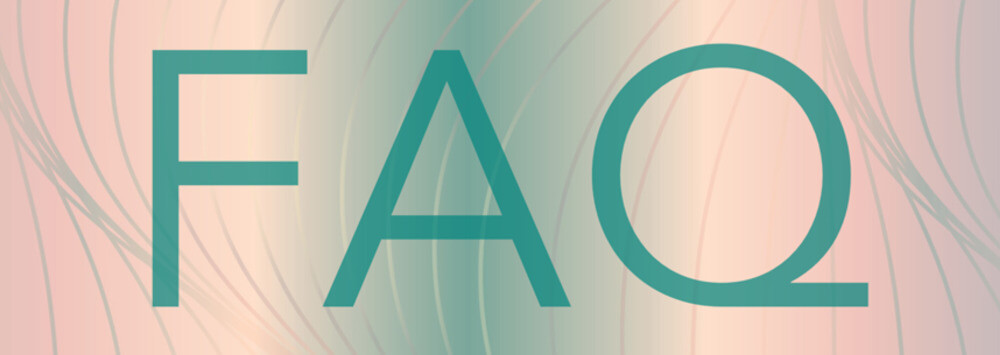The term “professional boundaries” is used to define the set of roles and expectations required of a College registrant in relation to their client. The College registrant has a professional obligation to maintain professional boundaries and ensure that the needs of the client are paramount at all times. In short, professional boundaries require a registrant to only have a professional relationship with their client. When a registrant engages in conduct with a client that falls outside what is required by the professional relationship, that is a violation of professional boundaries.
A College registrant will be found to have violated professional boundaries when they fail to keep the relationship with their client within the required roles and expectations defined in the College’s Code of Ethics and Standards of Practice. “Blurring the lines” between registrant and client may lead to an increasingly unprofessional and inappropriate relationship.
Preventing the “slippery slope” of boundary violations is entirely the responsibility of the registrant, not the client.
Sexual misconduct and the sexual abuse of clients are among the most serious and harmful forms of boundary violation. Sexual abuse of a client may include:
- Sexual intercourse or other forms of physical sexual relations between a College registrant and a client.
- Touching a client in a sexual manner (e.g., touching a client’s breasts or genitals).
- Behaviour of a sexual nature towards a client (e.g., touching a client’s hand unnecessarily and in a manner that implies a sexual interest in the client or displaying sexualized materials in an office for no clinical purpose).
- Remarks of a sexual nature towards a client (e.g., commenting on the size of a client’s breasts or genitals).
College registrants’ obligation to uphold professional boundaries is taken very seriously by the College and is central to the College’s public protection mandate.
If you have any practice-related questions related to professional boundaries, please contact the College’s Professional Practice Department at practice@ocswssw.org.

